13 Ways To Reduce Food Waste
Food, Lists, Other, Parenting, SocialEverybody wants to be a good global citizen and do their part to save the planet, but it all sounds a bit hard doesn’t it? It does when you look at it on a large scale, but all it takes is everyone doing their part in their own home. It just comes down to common sense and getting into some good habits. The added bonus of reducing food waste in your home is that you can also save cash as well, so the sooner you start saving the planet, the sooner you’ll save some dollars.
Plan Meals Ahead
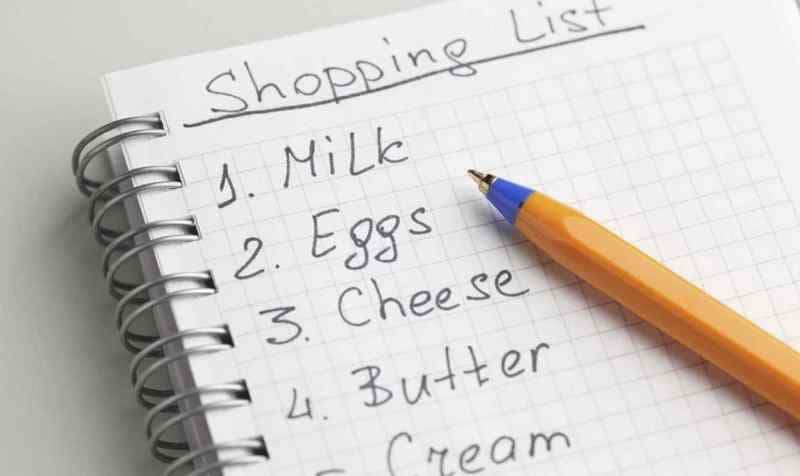
Do a ‘big’ shop once a week, and plan out your menu in advance. Sounds boring, and it does take a while to get into the hang of “What am I going to feel like eating on Wednesday?” type of mind-set. But you can make it fun by having a menu board at home to write up the meals to choose from. This way, you will only purchase what you need for the week, and not be tempted to buy ingredients that you may not use and will sit there expiring or taking up space in your pantry or fridge. This has the added bonus of saving you cash in the long run. If you’re not keen to do a big shop, a couple of smaller shopping trips during the week will also be of benefit as long as you remember the golden rules of grocery shopping: write a list, and don’t go to the supermarket hungry!
Regular Clean Outs
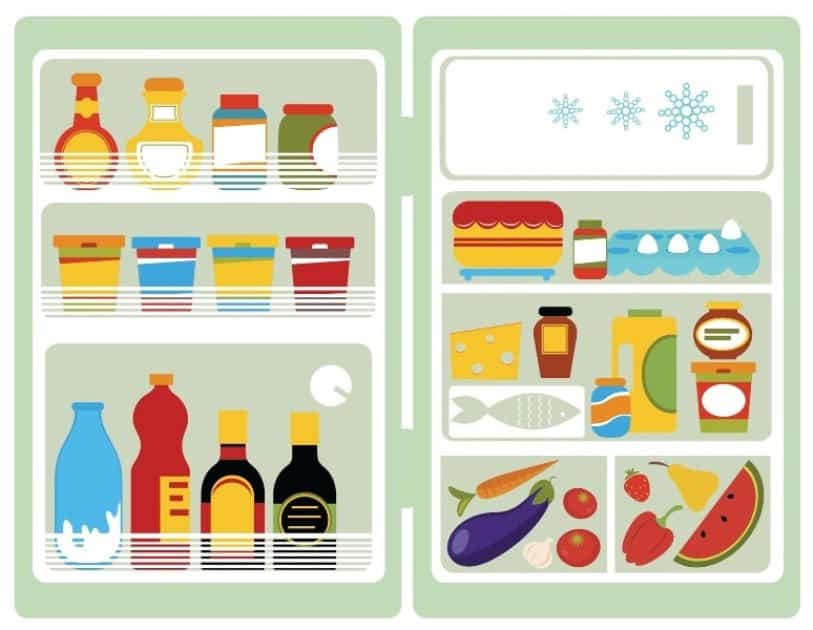
Cleaning out the fridge and the pantry are generally jobs that have to wait until we’re procrastinating about something else (like writing reports) but it’s something you should get into the habit of regularly. If you’re going to do a big shop each week or so, make it a habit to clean these out before you write your list. You’ll know what you actually need, instead of duplicating what you can’t find in the back of the pantry, and some items may inspire your menu. When cleaning and when putting your groceries away, put the perishable items where they can be clearly seen – such as at eye level or the front of the shelf – so you know they need to be used sooner rather than later. This will also stop those funky smells that fridges can be known for!
Compost
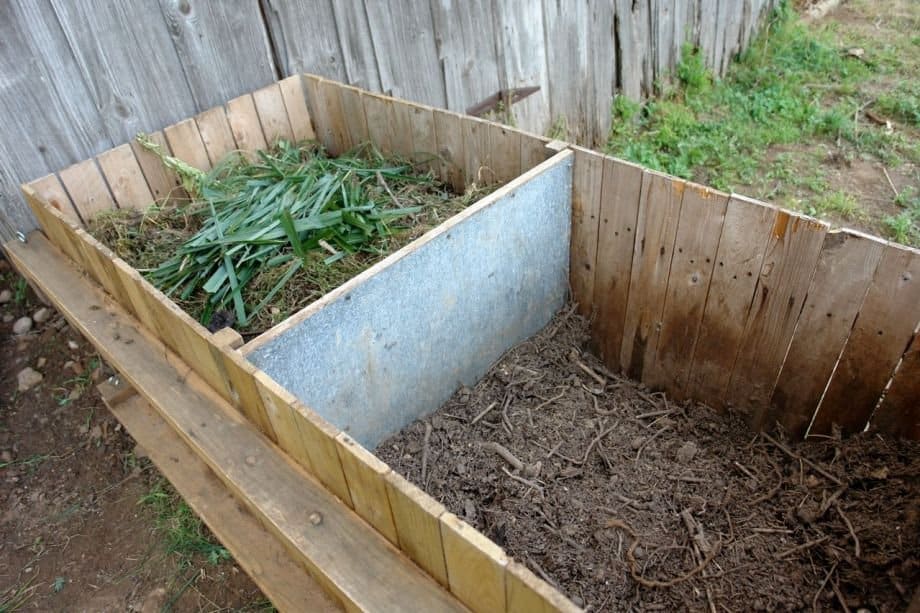
You don’t have to have a vegetable garden to benefit from compost – it can be used on any and all plants, so don’t waste good fertiliser! Keep a small compost bin in the kitchen next to your regular bins so you don’t have to take extra effort to separate compost items out when cooking and cleaning. It’s a habit you’ll get into, to give yourself time to adjust to having an extra bin. Remember the rules of composting: only unprocessed fruit and vegetables, tea leaves, bread, and even some clean paper can go in. If you don’t have any plants that would benefit from composting, a small worm farm can substitute.
Never Buy Croutons Again
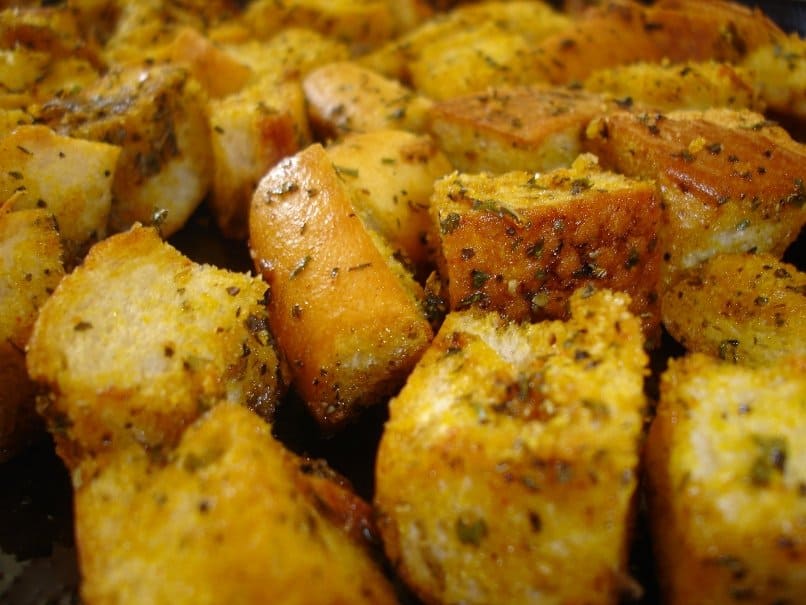
Keep bread in the freezer to stop mould growing, but even in a freezer bread can have a short shelf life. Any stale bread can be transformed into yummy crunchy croutons by giving them a quick fry with olive oil.
Donate
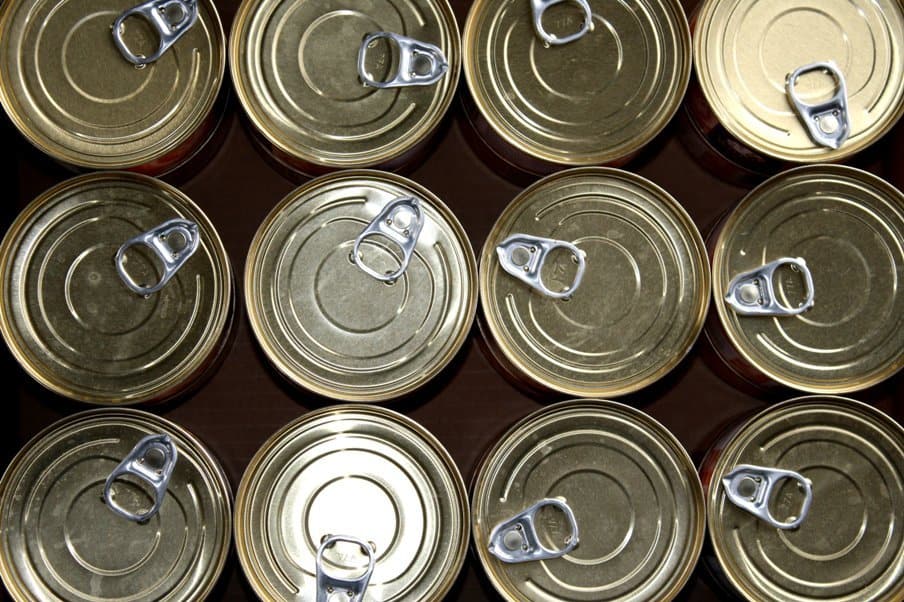
Any cans of food or other non-perishable items can be donated to a food drive or charity. While doing your regular pantry clean out, keep an eye out for and be honest about any food you are not going to use, and set it aside. Be kind though – recipients of food drives are already having a hard enough time without having to tolerate rusty cans and out of date food. Instead think about that box of tea-bags that you bought for guests that’s never been opened, or tins of soups that were purchased in bulk on special that no-one seems to be interested in (despite the super savings). Check the expiry date before delivering to the food drive.
Don’t Forget Those Leftovers
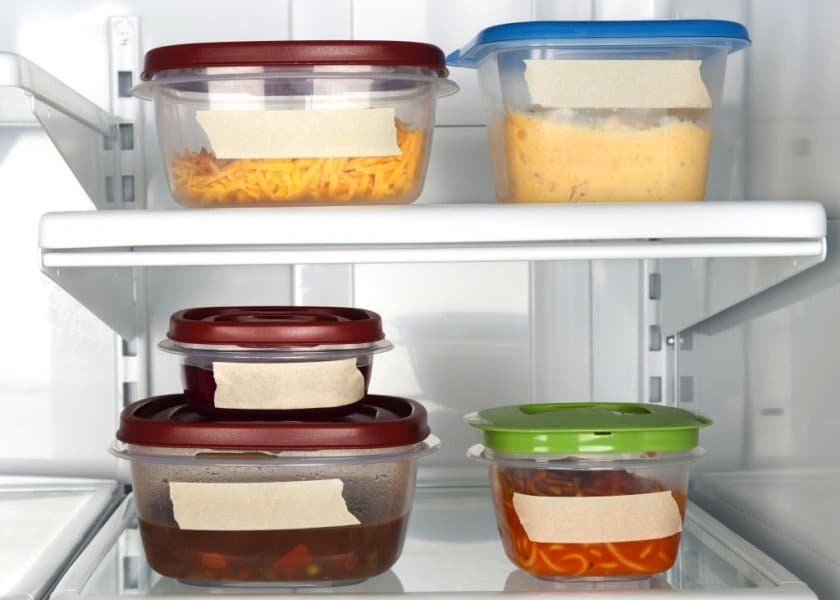
A lot of people aren’t fans of leftovers, probably because they’ve been at the receiving end of something that’s been sitting there too long! So when storing your leftovers, make sure they are in transparent containers (we eat with our eyes) and that the containers are marked with the date that the food was originally prepared. A good rule of thumb is keep the leftovers no longer than three days. Again, keep it at eye level and at the front of shelves so you’re reminded every time you open the fridge, and get into the habit of taking leftovers to work to save yourself some cash in the long run.
Store It Properly
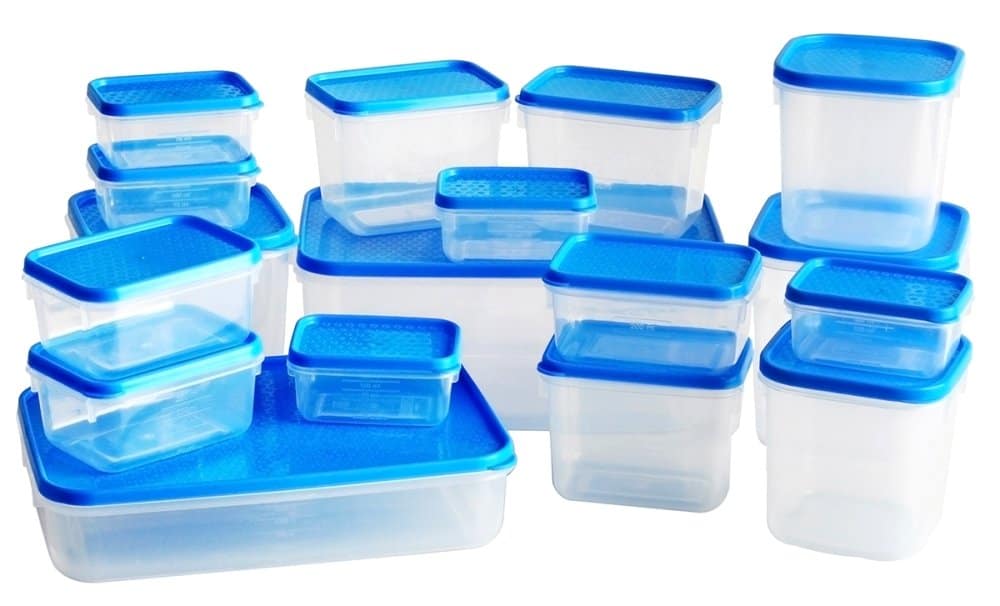
Store your food properly, according to instructions. If it says put it in an air-tight container, then do just that. (If there aren’t any instructions, Google away!) Use the fridge crisper drawer for its intended purpose and pull all fruit and vegetables in there. It may even be as simple as just making sure you’ve closed the original packaging properly, that way you’ll get the most out of your products and they won’t expire before they are meant to.
Reuse

If your fruit and veg are looking a little sad but aren’t getting nasty yet, take advantage of this window to reuse them for other purposes. While they are soft and squishy yet still full of flavor (and not of the penicillin kind), then this is a great time to make yourself a smoothie, bake with them, turn tomatoes into sauce, and turn vegetables into soup (then divide up into single serves and freeze for later). Even fruit and vegetable peels can be frozen and reused for stock and flavouring dishes down the track.
Keep An Inventory
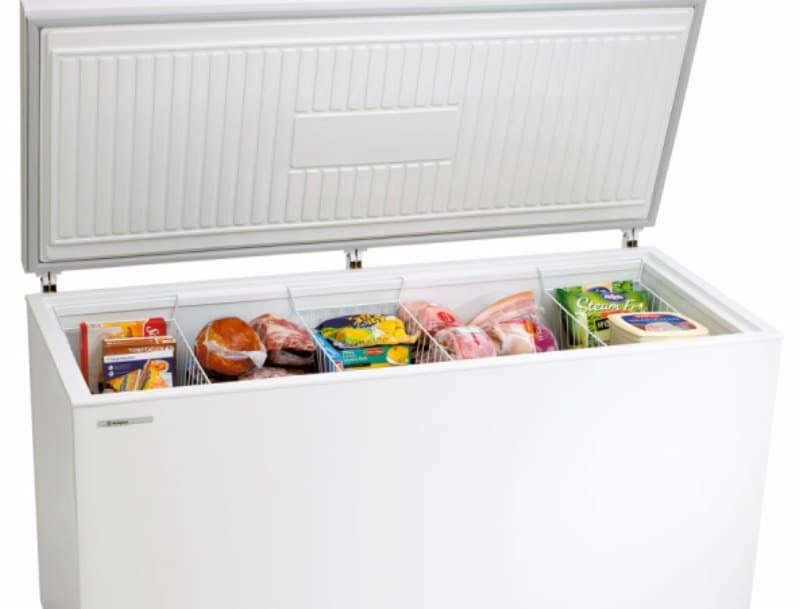
If you have a chest freezer, it’s a great idea to keep an inventory of what’s in there and when it was purchased. Even frozen food have an expiry date, so the list will remind you of what needs to be used next. You can also check this list before each shopping trip, so that you aren’t doubling up on ingredients you already have, or it may give you some inspiration for dinner ideas. If you’re the super organised type, you can also do this for your pantry.
Broaden Your Repertoire
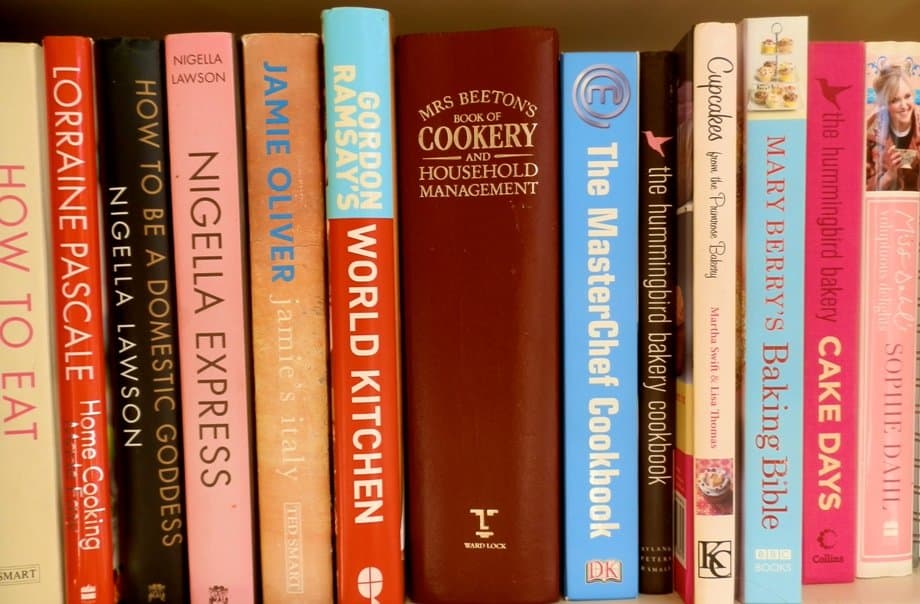
Don’t be afraid to try new recipes. They can come from anywhere, not just the usual sources of bulky recipe books and glossy magazines. Search online, tune into a cooking show every now and again, and ask your friends for their favorites. You may find some recipes to use up your pantry and freezer supply, or some that require less ingredients (and cooking time!) that will help cut your shopping bill as well as your food waste.
Reduce Portion Sizes
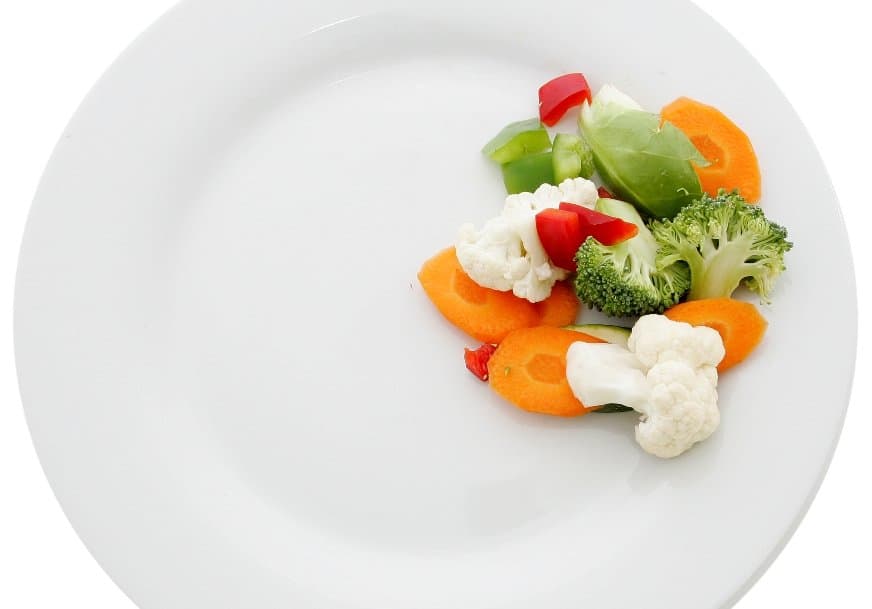
While big portion sizes of dinner in particular can be enjoyable and bring comfort, it is best for your health to reduce portion sizes where possible as it’s the least likely meal that you will have the opportunity to work off. It will also mean that you’re using less ingredients, and therefore less food waste. It may take a little while to get used to downsizing, so be prepared for the transition period where you’ll feel the hunger pangs, but it will be better for your body and the landfill in the long run.
Future Proofing
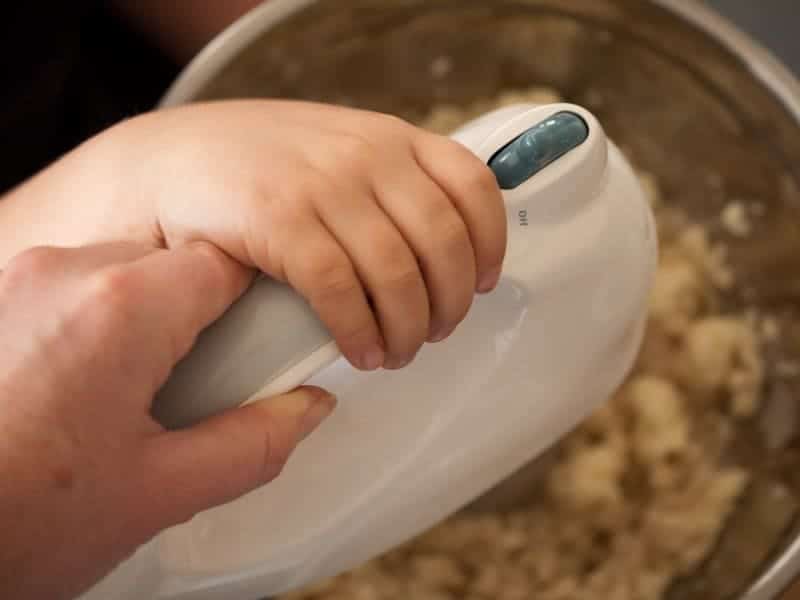
Our generation is in somewhat of a transition – we are no longer the generation that has ready access to chickens in the backyard, and we’re no longer used to heeding all of the tips of reusing food for soups and the like. But while it’s no longer a habit for us, we can make it a habit for our children. Get your kids involved in cooking so they know how various ingredients work, and how to dispose of or reuse them. Getting them into these habits early will set them in good stead for being responsible food users for the rest of their lives.
Put Your Pets to Work
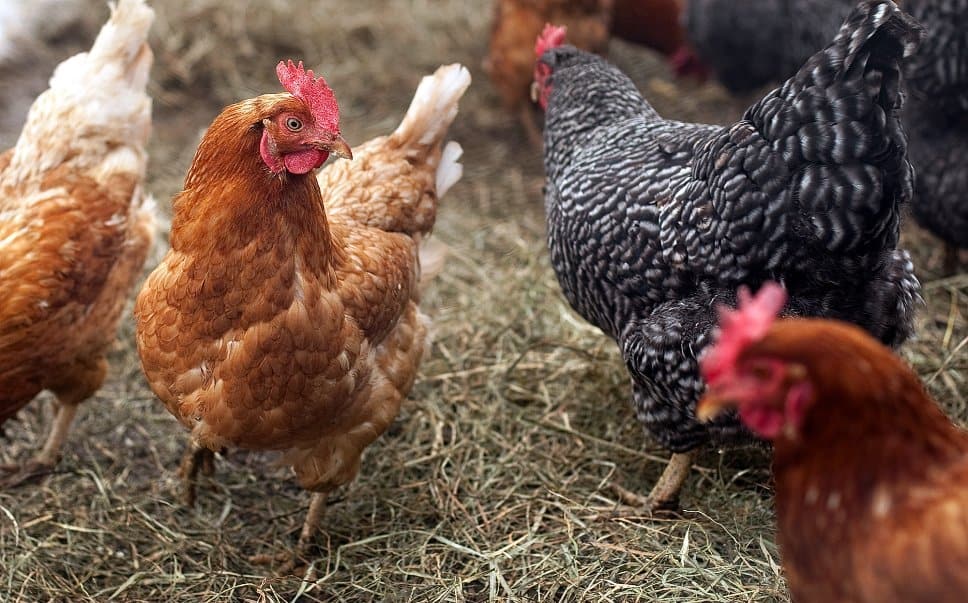
Not everyone has chickens in the backyard anymore, but if you do, great! They will eat almost anything (including chicken, which is a bit weird) and are a great way to reuse fruit and vegetable peelings, and almost all of your food scraps. If you’re a dog or a cat person, they can also be useful in this regard, although be sure to check with your vet as to what they can and can’t eat, for example: don’t give chocolate to dogs (although it’s unlikely you’ll have any of that going to waste anyway). Cats have been known to love carrot peelings and other such potential food wastes, so they may enjoy some extra vitamins in their diet too!



